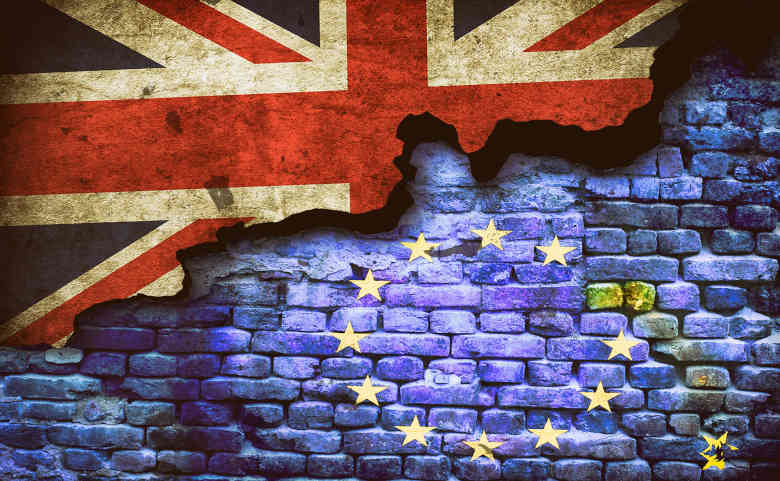Briefings for Britain, 21 January, Catherine McBride
I was surprised to read David Smith’s opinion piece in The Times yesterday regarding UK post-Brexit trade. Besides quoting a Think Tank report that was already two months out of date, the ONS published trade figures up to November 2023 last week, Smith seems to know little about the details of UK trade.
He started by claiming that the ‘UK left the EU with a thin and unsatisfactory trade deal’ when in fact, the UK has a completely tariff-free and quota-free trade deal with the EU and is the only developed country outside of the EU/EEA to have such a deal.
Smith seemed surprised that the UK is still trading with the EU and claims that this is because the UK is close to the EU geographically. Also not true. Only the EU has been gifted complete access to the UK’s food market, so they still supply about a quarter of UK food and many UK and EU companies still have intertwined supply chains which inflated the UK-EU trade figures.
For example, when the Anglo-Dutch company, Shell, exports crude oil from the North Sea to its refineries in the Netherlands, this is measured as a UK export, and when the refined oil is sent back to Shell outlets in the UK, it is counted again as a UK import. This makes UK trade with the Netherlands look much greater than Dutch consumer demand for UK goods, and vice versa. Similarly, when Air India orders 250 new Airbus planes, UK companies will provide the engines, the wings and the seats, but these goods will be recorded as exports to the EU where the planes will be assembled, not exports to non-EU India, the actual buyer of the planes. Similarly, the export of UK made engines and wings for Turkish Airlines’ latest order for 220 new Airbus planes, will also be recorded as exports to the EU and not to non-EU Turkey, the actual buyer.
Click here to read the piece in full.

